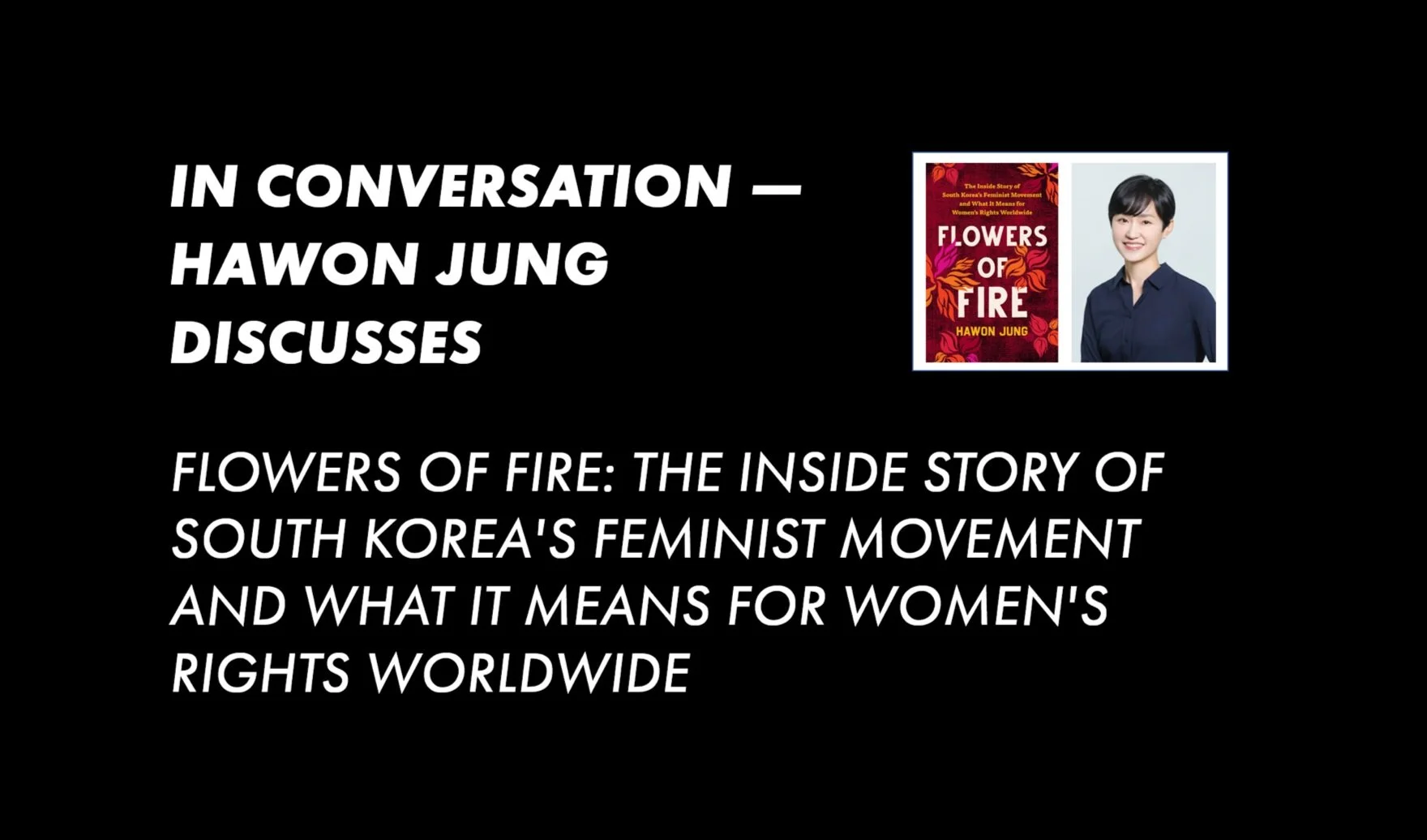Drawing on her decades of experience in Cambodia’s pro-democracy movement, we discussed the country’s democratic decline, the growing influence of China, and the crucial role the international community — and Cambodia’s youth — must play in shaping a freer future.
Read MoreWritten by Dr Shingo Nagata
Given the significant role of the military in foreign policy within Southeast Asian countries, military-to-military relations are important for diplomacy in the region. Accordingly, the UK has traditionally emphasised defence diplomacy and cultivated military-to-military ties with ASEAN states.
Read MoreWritten by Sam Hogg
Labour has chosen to keep its Indo-Pacific cards close to its chest. Success for a future British government in the region will require dexterity and a robust understanding of what regional players want.
Read MoreWritten by Dr Gabriele Abbondanza
All things considered, it seems evident that Italy is ready to develop and issue a formal Indo-Pacific strategy that considers national, European, and Indo-Pacific interests as vital components of a strategic whole.
Read MoreWritten by Julian Neuweiler and Patrick Triglavcanin
Continuing efforts in transparency are also important. A formal mechanism for communication should be established between AUKUS members and Southeast Asia.
Read More9DASHLINE recently sat down with Dr Kate Cronin-Furman to discuss her important new book Hypocrisy and Human Rights: Resisting Accountability for Mass Atrocities.
The book investigates the diverse ways in which repressive regimes respond to calls for justice and accountability and argues that international pressure can produce valuable results through indirect paths.
Read MoreWritten by Aniello Iannone, Laure Siegel, Gabriel Facal, Ida Fagervold, and Nicha Wachpanich
Even in countries with democratic systems, such as Indonesia and Malaysia, the religious-political context slows down the LGBTQ+ inclusion process.
Read MoreWritten by Daniele Carminati
China’s blend of ‘soft’ and economic strategies is arguably becoming one of the most pressing domains of competition with the US, and even includes connectivity initiatives towards other Western allies such as the EU and Japan.
Read MoreWritten by Mathieu Droin
The brewing Indo-Pacific architecture is inherently “flexilateral” due to the breadth of factors and the rapidly changing stakes that determine its many actors’ positions.
Read MoreWritten by Hunter Marston
For Singapore, the advantages are inordinate. As a tiny island nation, the annual conference allows the country to exercise a degree of influence and statecraft on the world stage that its material resources and capacity might not otherwise grant it.
Read MoreWritten by Dr William Hurst
The bet that security fears could be addressed to allow the resumption of progress on trade did not pay off. China lost a significant opportunity to re-open more fully to the world and deepen its economic ties with arguably its most important trading partner (the Eurozone).
Read MoreWritten by Sian Troath
Whether people oppose the acquisition of nuclear-powered submarines, have mixed views, or support it, they often do ground their assessments in strategic analysis and a consideration of other priorities.
Read More9DASHLINE recently had the chance to speak with Hawon Jung about her important new book Flowers of Fire: The Inside Story of South Korea's Feminist Movement and What It Means for Women's Rights Worldwide.
Read MoreWritten by Dr Kerry Brown
In this context, the one positive Russia offers to China is that it does not belong to the Western bloc. Xi’s seemingly warm words to Putin are an acknowledgement that his enemy’s enemy is his friend.
Read More9DASHLINE asks several experts for their assessment of the prospects for Pacific Island agency in 2023 international politics, especially beyond the 'big power influence' by the US and China that has so often been written about in 2022.
Read MoreWritten by Alice Dell’Era
From Europe’s perspective, these potential trilateral and/or minilateral consultative mechanisms could give European actors the space to voice their own outlook, ensuring that European viewpoints are incorporated into Japanese and American perspectives.
Read MoreWritten by Reuben Steff and Martin Jirušek
Should war or a system of neo-Cold War style blocs emerge, it will be US allies and partners in the Indo-Pacific that form the new frontlines and that have the most to lose.
Read MoreWritten by Manali Kumar
South Asian countries would do well to finally set aside their mutual animosities and start developing transnational and regional mechanisms to adapt to climate change and recover from disasters.
Read More
















